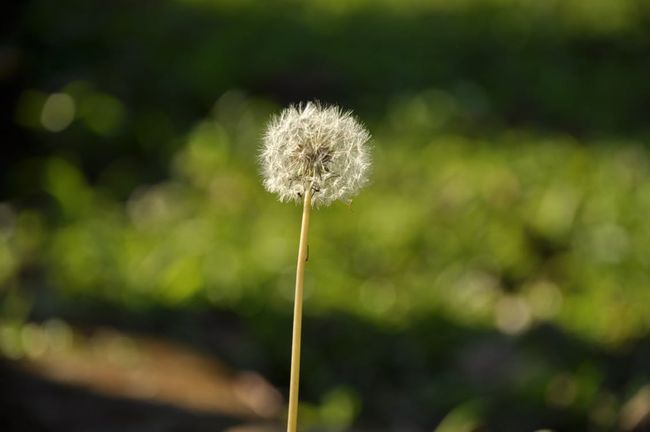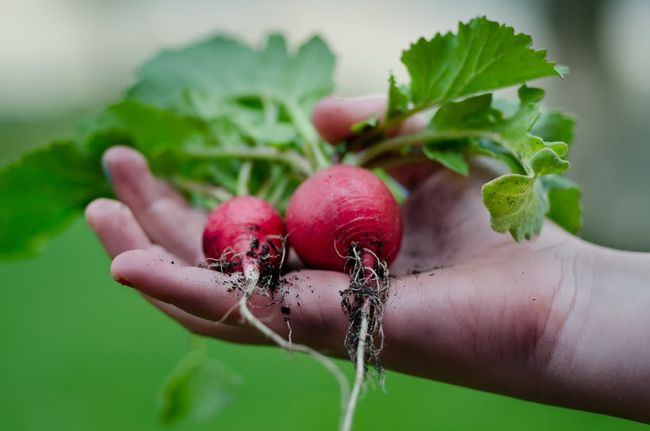Have you always dreamed of being self-sufficient and starting your very own vegetable patch? If you have a garden, you will be able to fit one in, even if your garden is not so big. You could even start a very small one on your kitchen windowsill if you do not have a garden! No matter the size of your veg patch, you will start to notice the benefits of growing your own food instantly. It will help you to reduce your weekly grocery bills, and will help you eat a healthier and organic diet. Ready to roll up your sleeves and get started on your new veg patch? Here are some simple tips that can help you on your way!

Woman Wearing Purple Jacket in Brown Hat during Day Time
Choose Your Ground Carefully
If you do have plenty of space outside in your garden for your patch, you will need to think about the different types of ground in your garden carefully. This is especially important if your garden features areas of different soil types. Some soils are great for growing plants in, so try to create a patch in these. Don’t think that you have any of these soil types in your garden? No worries; you will be able to buy kits from your local garden center that allow you to change the pH levels of soil, making it easier for plants to grow. You should also think about how the sunlight hits your garden. Ideally, your veg patch needs to be in an area that gets plenty of light, which will help all your veggies grow.
Get Rid Of Weeds
If you are not already a keen gardener, your garden may be looking a little messy and untidy. This is all down to weeds! If there are a few weeds growing in the area of the garden on which you want to create your garden patch, you will need to get rid of them. They will be taking nutrients away from your previous vegetables! Not only that, though, but they will also be taking up a lot of space. It is also advantageous to remove weeds from your garden patch now, as you will be able to remove them for good and prevent them from returning. If you plant your vegetables and then try to de-weed, you may find that the weeds simply return every few months.

White dandelion
Ward Off Slugs and Snails
One of the main problems that gardeners have to contend with is pests. The most common ones that target vegetable gardens are slugs and snails. It can be very tricky keeping your veg plot clear of these little beasties, but that does not mean that it is going to be an impossible task. There are certain pesticides and chemicals that you will be able to buy from your garden center, but these will not be of any use to you if you want to have an organic veg patch. To maintain an organic, pest-free garden, you can simply place a physical barrier between your plants and the snails and slugs. To do this, visit your garden center to buy some netting. If this does not work, you can always speak to a company who specializes in pest maintenance. You can always visit Atkins Inc for more information on keeping your garden free from any pests.

Brown and Gray Snail on Green Plant Branch
Buy Vs. Sow
When it is time to plant your crops, you have two options. You can either buy seeds and sow them yourself or buy seedlings that are already growing. It is a good idea for beginners to start with the easy option and opt for seedlings. Generally speaking, these are much easier to care for and they will definitely bloom into full plants if you look after them correctly once you have planted them. Once you develop your gardening skills and knowledge, you will be able to move onto seed packs. These are thought of as being trickier to grow compared to seedlings. That is because the seeds will need to be gestated and planted in the exact conditions that will allow them to grow. Get something slightly wrong, and your seeds will not turn into lovely vegetable plants. One important thing to remember when you move onto using seeds is that you should always listen to all the information listed on the seed pack. Each pack will tell you when the optimum time to sow the seeds is. Never sow earlier or later than the specified period, as this will reduce the chance of the seeds growing successfully.
Start a Compost Project
One of the best ways to ensure your veg patch remains organic and free from any man-made chemicals is to start a compost bin. Compost is a great tool used by many gardeners to fertilize their plants. It is simply the organic matter left over after garden waste as decomposed. Many gardeners make their own, as it is incredibly easy to do so. You just need a large metal bin that can remain outside no matter the weather. Start collecting all your organic garden waste and store it in the bin. After a few months, everything in the bin will have decomposed, and you will be left with compost. It is a good idea to add a small door or hatch to the bottom of the bin so that you can dig out the bottom layers. These will be more decomposed than the fresh organic waste you have recently deposited in the bin.

Gardening
Build Raised Beds
Most beginner gardeners are advised to create raised beds for their vegetable plants. This is because the plants are easier to control if they are raised up away from the main garden soil. To do this, you just need to use scaffold planks and drive them into your soil into a square shape. You can then fill these squares with soil so that they appear to be raised above the rest of your garden.
You will find that growing your own vegetables is a great hobby and a fantastic excuse to get outside. Have fun with your new pastime!
